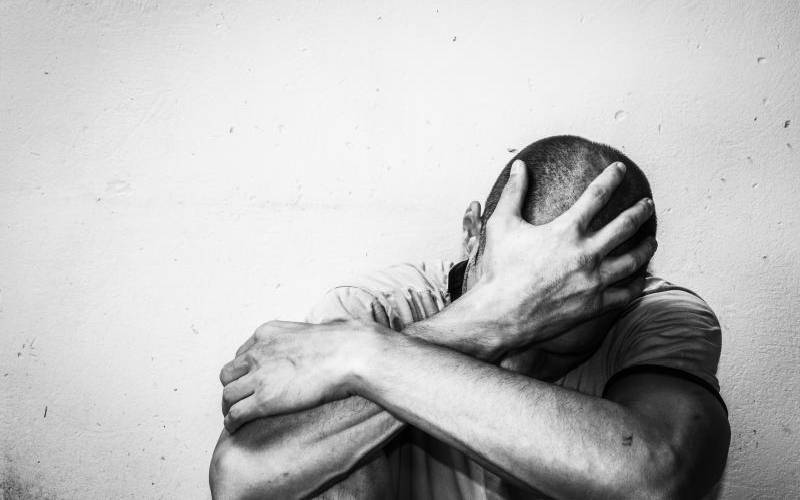
When my former colleague Peter learnt that his wife Annie of 10 years was pregnant for the third time, he wasn’t very happy about it. He was especially worried about the additional financial strain on the family’s resources with the new baby. But over the next nine months, he slowly came to terms with it, only for him to blow up when the baby was only two months old. He took to drinking and emotional abuse; so bad that Annie bundled up her three children and moved out.